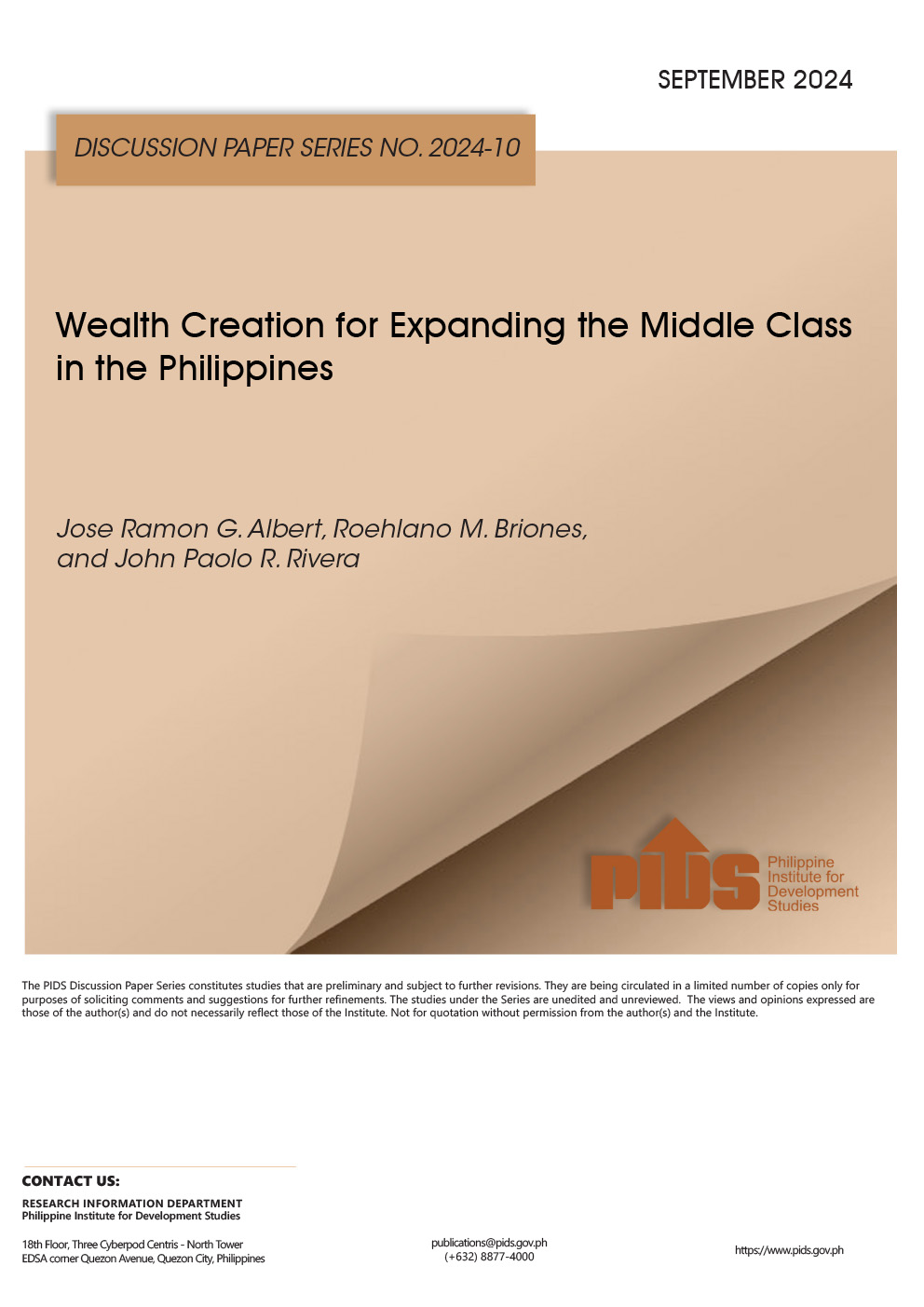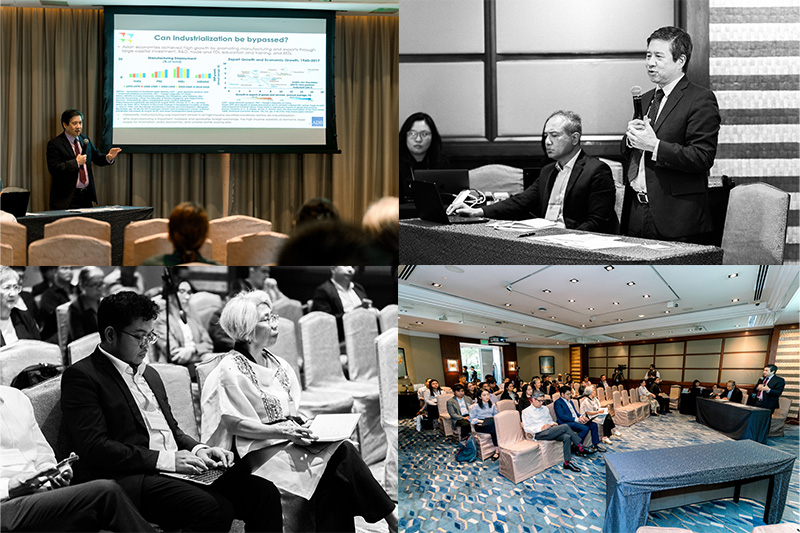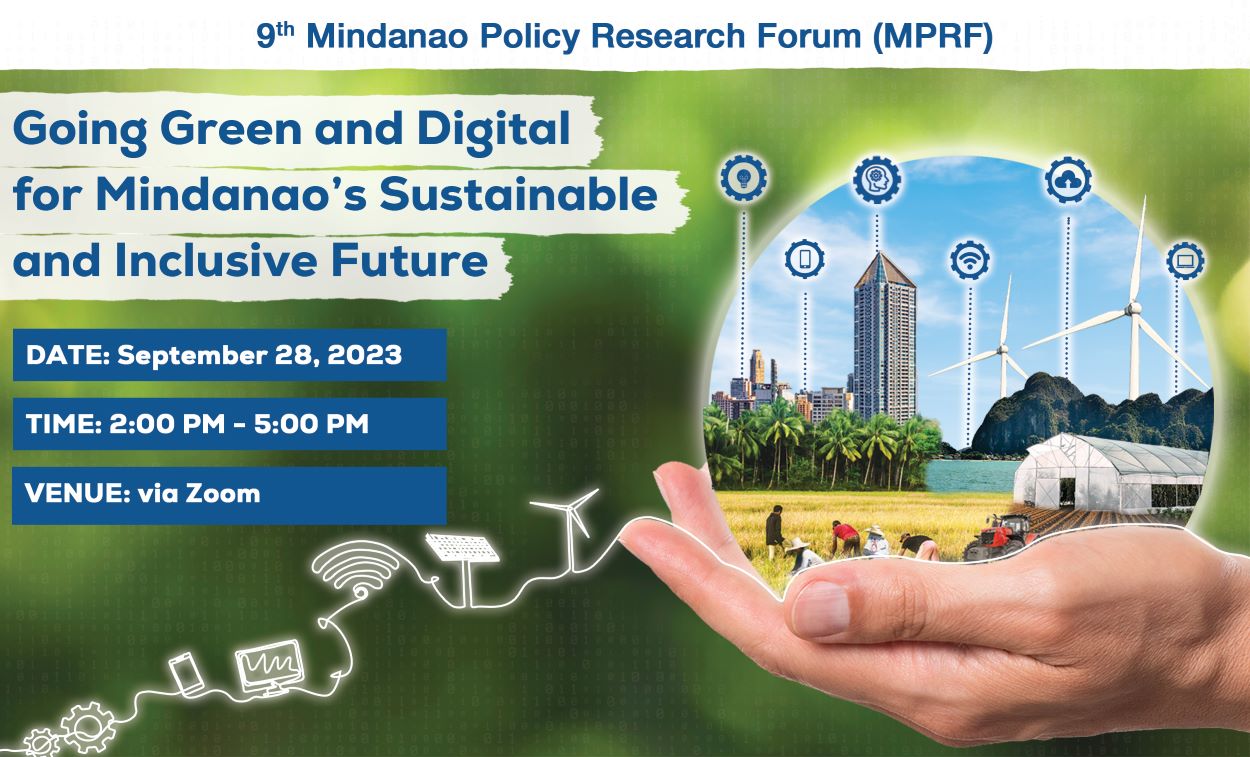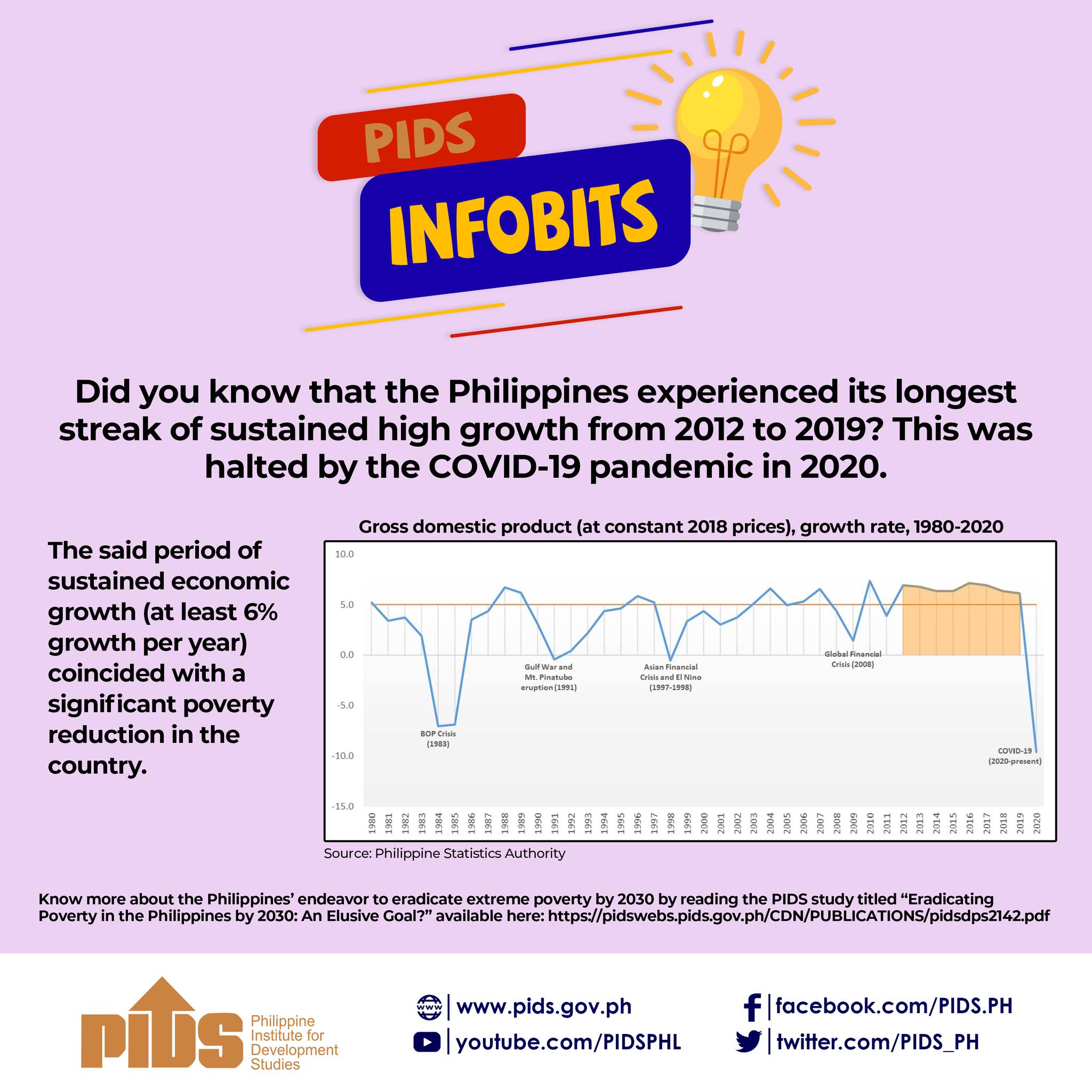‘INCLUSIVE growth” is the new mantra during election season. Candidates are not only going to make this kind of growth a centerpiece, they are the only ones who have the answer to achieve it.
But the truth is government, politicians, businesses and “we, the people,” are all hypocrites on this subject.
The first problem is the definition of inclusive growth. The Organisation for Economic Co-operation and Development (OECD) defines it as, “Eco¬nomic growth that creates opportunity for all segments of the population and distributes the dividends of increased prosperity, both in monetary and nonmonetary terms, fairly across society.” The OECD goes on to say that “the proceeds of economic growth must be shared.”
“Creating opportunity” means to provide the ability to get proper hous¬ing, clean water, access to education and the other basic necessities of life. A society must work toward that goal. But the reality of implementation is something different.
The Philippine Institute for Development Studies (PIDS) reports that the Department of Social Welfare and Development’s (DSWD) Pantawid Pamilyang Pilipino Program has been successful in improving school attendance among poor households. That is a good development.
However, the same report goes on to say: “In terms of tertiary education, quality remains an issue.” the PIDS cites the low passing rates in professional board examinations of graduates from state universities and colleges (SUCs), and says that the SUCs “are offering programs that are not their competitive advantage, which explains the poor quality of instruction.”
In the area of creating opportunity for all segments of the population, the government is hypocritical by appearing to advance this inclusive-growth goal, but actually failing to do the heavy lifting. Keeping a child in school is criti¬cal; providing an education that prepares the student for the working world is equally important.
Building additional classrooms without first making sure that quality edu¬cation comes out of those classrooms is more political than practical. Further, what is meant by “distributing” the dividends and who is supposed to do it— government, private business, or is it a collective effort by society?
On a prime-time news program, a segment talked about a young actress who just gifted her boyfriend with a P300,000 “toy for the big boy.” In order to distrib¬ute her individual dividend of increased prosperity, shouldn’t the government have a P300,000 special “prosperity-dividend” tax on that item, distributed fairly across society? The actress’s prosperity should be shared, according to the OECD.
Apparently, the Executive branch believes the highest taxpayers should have special privileges when it comes to enjoying a ride on the presidential helicop¬ter. The President was quoted as saying—translated from Filipino—“I don’t see what they’re criticizing. My question: I guess all of them know that my sister is among the biggest individual taxpayers.”
While the examples above may be extreme, they illustrate the real think¬ing about inclusive growth. Our mind-set simply reinforces the idea that “the rich get richer,” and maybe that is the way it is supposed to be. It is hypocrisy.//
But the truth is government, politicians, businesses and “we, the people,” are all hypocrites on this subject.
The first problem is the definition of inclusive growth. The Organisation for Economic Co-operation and Development (OECD) defines it as, “Eco¬nomic growth that creates opportunity for all segments of the population and distributes the dividends of increased prosperity, both in monetary and nonmonetary terms, fairly across society.” The OECD goes on to say that “the proceeds of economic growth must be shared.”
“Creating opportunity” means to provide the ability to get proper hous¬ing, clean water, access to education and the other basic necessities of life. A society must work toward that goal. But the reality of implementation is something different.
The Philippine Institute for Development Studies (PIDS) reports that the Department of Social Welfare and Development’s (DSWD) Pantawid Pamilyang Pilipino Program has been successful in improving school attendance among poor households. That is a good development.
However, the same report goes on to say: “In terms of tertiary education, quality remains an issue.” the PIDS cites the low passing rates in professional board examinations of graduates from state universities and colleges (SUCs), and says that the SUCs “are offering programs that are not their competitive advantage, which explains the poor quality of instruction.”
In the area of creating opportunity for all segments of the population, the government is hypocritical by appearing to advance this inclusive-growth goal, but actually failing to do the heavy lifting. Keeping a child in school is criti¬cal; providing an education that prepares the student for the working world is equally important.
Building additional classrooms without first making sure that quality edu¬cation comes out of those classrooms is more political than practical. Further, what is meant by “distributing” the dividends and who is supposed to do it— government, private business, or is it a collective effort by society?
On a prime-time news program, a segment talked about a young actress who just gifted her boyfriend with a P300,000 “toy for the big boy.” In order to distrib¬ute her individual dividend of increased prosperity, shouldn’t the government have a P300,000 special “prosperity-dividend” tax on that item, distributed fairly across society? The actress’s prosperity should be shared, according to the OECD.
Apparently, the Executive branch believes the highest taxpayers should have special privileges when it comes to enjoying a ride on the presidential helicop¬ter. The President was quoted as saying—translated from Filipino—“I don’t see what they’re criticizing. My question: I guess all of them know that my sister is among the biggest individual taxpayers.”
While the examples above may be extreme, they illustrate the real think¬ing about inclusive growth. Our mind-set simply reinforces the idea that “the rich get richer,” and maybe that is the way it is supposed to be. It is hypocrisy.//












